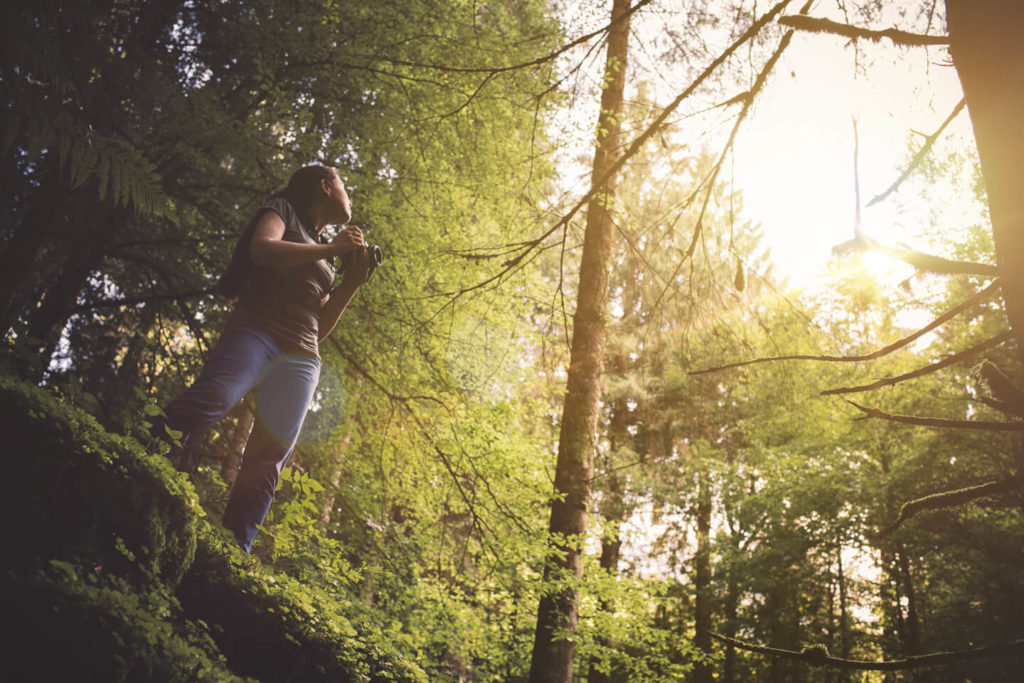Over the years, there have been many studies and research into outdoor education and child development. These studies have concluded that with increased exposure to nature and the outdoors, the learning process is boosted meaning increased creative thinking, motivation and wellbeing.
Any classroom-based teacher will vouch that there are often days where getting children or young people to pay attention can be difficult. Removing walls and encouraging outdoor education can improve this considerably. Alternative education with outdoor learning increases exposure to the sun, therefore raising levels of vitamin D. Vitamin D helps regulate the amount of calcium and other nutrients in the body, keeping bones, teeth and muscles healthy. This is important to a child’s physical development. However, there are also many other educational benefits:
1. Boost the learning process
Research carried out into child development with increased access to the outdoors has shown that nature has rejuvenating effects on attention span.The Scottish Government’s guide to Outdoor Learning illustrates that ‘the multi-sensory experience outdoors helps children and young people to retain knowledge more effectively.’ Essentially, outdoor learning, and this form of alternative education enhances the learning experience. The report states that this is because there are more opportunities for pupils who are part of on outdoor programme to learn with their whole bodies on a large scale, with increased freedom than those just within the classroom.
2. It enhances creative thinking
Outdoor environments act as rich stimulus for creative thinking and learning.Creativity is a process that involves the discovery of new ideas. Your environment is a huge factor to this process.Outdoor grounds are key in increasing pupil engagement. With outdoor activities such as hiking or water rafting, you encourage young people to think differently as they emerge themselves into learning or improving new skills. They can also learn the importance of taking risks and overcoming challenges and obstacles.
3. Increase motivation & improve wellbeing
The government-commissioned Natural Connections Demonstration project found that 92% of schools said that outdoor programmes and alternative learning improves pupil health and wellbeing and were more receptive to learning.The project, which investigated the behaviour and attitudes of children from 125 schools across the South West of England concluded that children are happier, healthier and more motivated to learn when the classroom is outside.
4. Reduces stress
Outdoor education improves learning in subtle ways. A change in location to somewhere with natural elements such as the forest, produces a sense of tranquillity. This calming effect has been known to reduce stress in children and young people. This can be extremely beneficial for troubled children who need a break from their normal routines.

A WILDERNESS WAY
Our Wilderness Experiences programmes help to provide outdoor education for the children and young people in our care. Looking beyond standard approaches to education, our alternative education outcomes are achieved with support from outdoor activities such as team building. If you have any questions relating to our Wilderness Experiences, please contact us at referrals@awwltd.com.
Find out more about alternative education in our blog ‘How Alternative Education Can Boost a Child’s Confidence‘.
